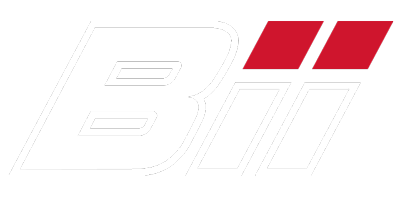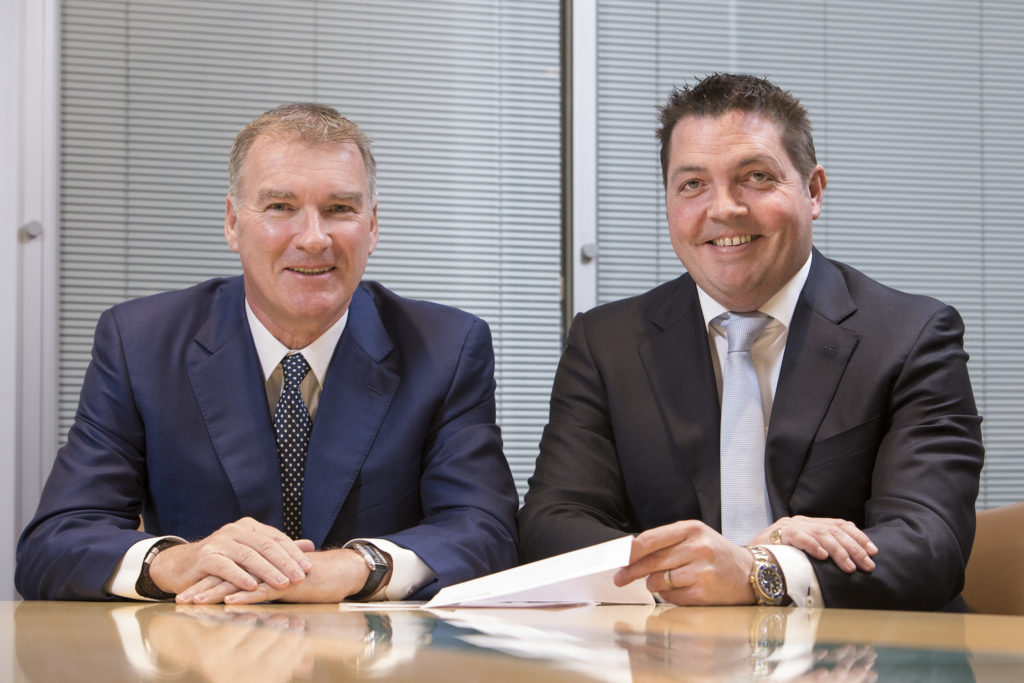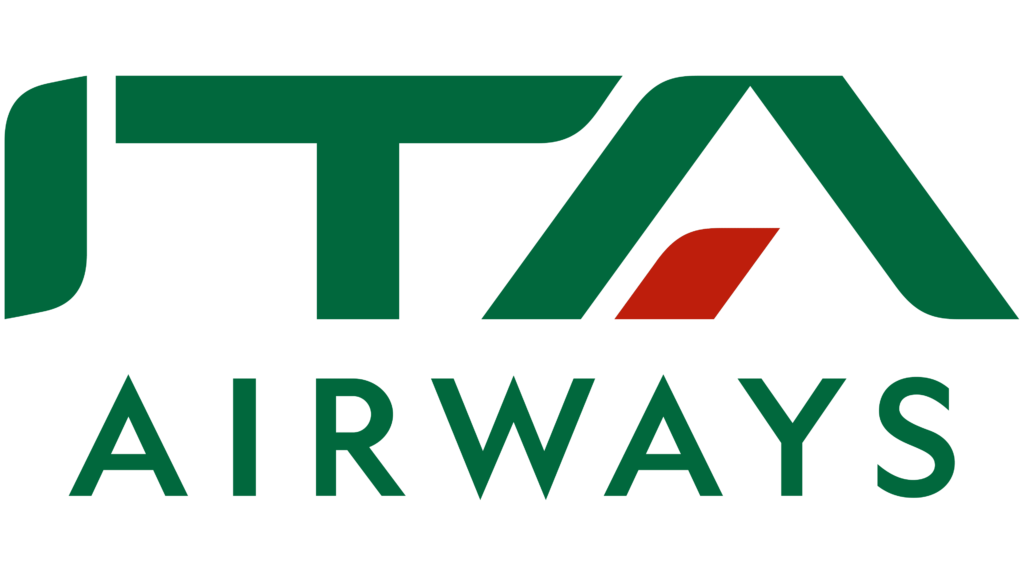Fast 5: The Backstory of Supporting Small Operators
Bii has evolved from a military to commercial component support provider. Why did Bii change its focus instead of providing both military and commercial support?
Cradock: Bii’s traditional marketplace was focused on the supply of spare parts for the old Nato aircraft–Hunter, Canberra, Harrier, Jaguar–that had been sold off to Third World countries. However, over the years, those air forces have re-equipped predominantly with Russian and Chinese aircraft and this has led to a decline in sales year on year. This necessitated a strategy change so I looked at other aviation component support companies and quickly realized that the most successful business models were focusing on the commercial sector, not military aircraft.
Also the government procurement cycle is very long, so quoting and supplying the military sector requires the deployment of a lot of staff time and resources. Evolving our business to concentrate solely on commercial aircraft support has been a sound decision enabling us to streamline our costs and recruit experienced and enthusiastic people. That would not make business sense for us to have two dedicated teams.
Bii seems to have found a niche focusing on Boeing 747s and other classic aircraft. As your business evolves, will it continue to focus on mature aircraft?
Blockley: The 747-400 is a classic aircraft that is still capable of moving 660 passengers in a typical two-class layout, and a max payload for cargo of 112,760 kg. Stable and low fuel prices over the last five years have ensured this aircraft remain very economical for both the passenger and cargo sectors. With more than 400 aircraft still in service worldwide, the 747 has fallen into a niche market from a spares support point of view. Through our numerous consignees and Bii owned stock, we have specialized in having ‘ready to go’ rotables for this platform. And Bii has adapted this model to the classic 737s and the Bae 146/RJ.
We appreciate that the latter markets are slowly declining, however, for the foreseeable future we will continue to support the platforms. In 2018, we are focused on the Boeing 737NG and have invested heavily in stock to support Bii’s ever-growing customer base.
Bii says it ‘specializes in stock appraisal and the realization of profitable returns.’ How is Bii able to deliver higher returns than other part providers?
Blockley: I have been involved in the supply chain of aircraft spares for more than 27 years, working for some of the most well-known companies in the UK. I have no aspiration to turn Bii into a 400-600 employee company. The current trend is to commodify the provision of spares using advanced technology, but there is still a real requirement to build relationships and apply a very personal touch to every customer transaction. Francis and I have made a point of only employing key members of staff that can bring value to our brand by delivering unparalleled customer service. The main criteria being they must have aviation experience of no less than five years. This policy also runs right through to our warehouse staff.
Bii is then able to offer an experienced, balanced and knowledgeable view on every RFQ we receive. This experience enables us to evaluate each enquiry from a variety of perspectives, and accurately assess whether we want to pursue the opportunity or not. Even if the computer says ‘no’ Bii will undoubtedly say ‘yes’ and our people will find a solution.
In respect of consigned stock, we know what items are hot and require regular exchanges and loans, so our pool is nourished by these components as a priority. We also know how to work with our vendor base to secure cost-effective repairs that ensure these items quickly get to work for the consignor.
How much of Bii’s inventory is consigned and what parts are you looking for to expand inventory?
Cradock: It stands at about 50/50. We are looking to expand our continued long-term investment in our exchange pool of primarily 737NG, 747, 767 and 777 stock to offer a better service to our customers.
Bii has been trading within the aviation sector since the 1970s and has had good success, particularly in India, Pakistan and parts of Africa ‘where it is well-known for supporting operators with flexible business terms that literally help them get off the ground.’ How have you been able to provide this financing and how often has the risk payed off?
Cradock: We have been fortunate enough to be able to self-fund to date. This means that as an independent business we are answerable to no-one but ourselves. This gives us the flexibility to evaluate an opportunity and look longer term at a business’s ability to pay combined with seasonal cashflow highs and lows. Bii is often able to say ‘yes’ when the larger OEMs and component providers who have stricter business terms criteria, generally say ‘no.’
We find that over time, we build up a close working relationship with our customers, especially start-ups and newer airlines that need extra support. As the trust grows, we are happy to be more accommodating, especially for example with security deposits on high value rotables. The risks we have taken are paying off as is demonstrated by Bii’s rapid growth. To date, our bad debts have been negligible–let’s hope it stays that way.
We supplied military spares to India, Pakistan and parts of Africa for decades and understand how those countries like to do business. This has placed us in good stead as we transition to serving commercial operators in these countries.
To read the full article on MRO Network, please click here













